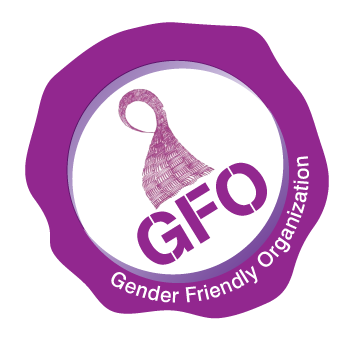A Game Changer for Women

Islamabad: Hundreds of working women gathered in Islamabad to review implementation of ‘Protection Against Harassment of Women at the Workplace Act, 2010’. The mega event was organized by Mehergarh, A Center for Learning on 5th March, 2020.

Tina Sani, a vocal icon of Faiz’s poetry and devoted friend of AASHA for the last 20, started with ‘Bol Kay Lub Aazad Hain Tere’, as it is important to speak out when harassed. Tauseeq Haider, a well-known media activist hosted the event, as he has been a part of AASHA Movement and has always supported the making and implementation of anti-sexual harassment laws.
First part of the event outlined testimonies and progress over the years from 2010 to 2020. Stakeholders from different sectors shared how the implementation process spread out from federal to provincial and subsequently to district level. Arshad Mehmood Bhatti, Director at State Bank of Pakistan while sharing his experience said that “Being part of this process I have observed that women are not the only victims of harassment rather cases of harassment of men have also being reported.”

In the next part, Dr. Fouzia Saeed’s new book: ‘On Their Own Terms: Twenty-First Century Women’s Movements in Pakistan’, was launched by Senator Pervaiz Rasheed, which documents AASHA movement besides three other women lead social movements. Women leaders of those social movements namely, Dr. Fouzia Saeed, Aqeela Naz, Bushra Arain and Yasmeen Shah, the daughter of Tahira Ali (late), were greeted with huge applause at the stage.
Mehergarh undertook a review process by analyzing data from a series of consultations and survey from all stakeholders. Achievements, challenges and recommendations were drawn out after careful analysis of the data. Proceedings of the review process were published in a report which was jointly launched by all the parliamentarians present in the hall. Executive Director of Mehergarh Maliha Husain shared that they have helped more than 1000 organizations comply with the law, trained more than 23,000 professionals and helped over 4000 cases of sexual harassment.

The event was concluded by sharing challenges faced during the
implementation process. All the participants were of the view that the
biggest challenge currently faced is proposed ‘amendments’ motivated by
vested interests of individuals and NGOs, as energies previously used
for implementation are now divided to avert amendments to serve personal
interest. Stakeholders reiterated their confidence on the law and ruled
out any genuine need for amendment.
